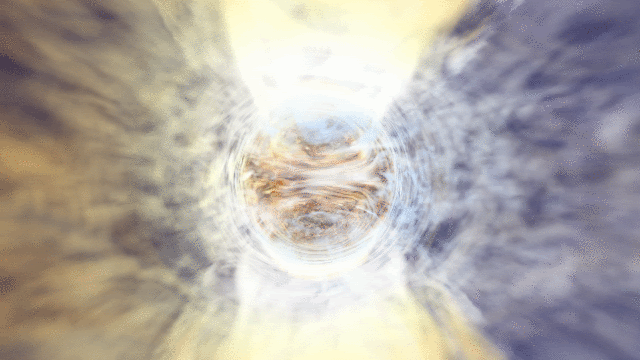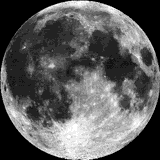Hey, don't we all! So, how do you reply when a student of average academic ability tells you of their lifetime goal, their dream for the future? To become a doctor, professional footballer, rocket scientist...? However unrealistic it may seem to us as teachers or parents, a dream is a dream, without dreams we are nothing, so without question most teachers encourage their students to pursue their personal goal(s) and bring it as close to reality as is possible. Although I will add that I feel it is so important to open our students eyes to the range of options available to them, so that they don't set themselves up for failure.
For those budding astronauts, NASA offers a number of scholarships open to students from all around the world, local observatories give students the opportunity to catch a glimpse of outer space and students can make the most of hands on activities and learn from displays at the space exploration section of most Science Museums. For those millionaires amongst us, (that'll rule out the teachers then), good ol' Sir Richard Branson has made a trip into space a possible reality through his Virgin Galactic Space program. It'll set you back.$200,000 (US). If I win lotto, I'll be online and have my flight booked in a tick.
There are a huge number of reference sites to learn about the planets, I'll start with this mnemonic.
My
Very
Easy
Method
Just
Speeds
Up
Naming
Planets
(although given that now Pluto is no longer a planet, this mnemonic is out of date but no doubt,
your students can think up a mnemonic of their own for the 8 planets)
and I recommend this simple overview of the solar system from CELS at Nottingham Trent University and this very cool 3D viewer from ForgeFX which also has a brief bit of info on the planets and one that I suggest to students for their own research is A multimedia tour of the Solar System. As mentioned already, there are many more...the NASA site is obviously a good starting point.
If you like the look of the screenshot above then definitely be sure to view the Earth (or the moon) from different perspectives using this superb, truly excellent Earth and Moon viewer has been compiled by John Walker using information provided from satellites and a number of other sources. It ranks in my top ten of favourite urls, no doubt about it!
Have you got a sense of humour? Then have a laugh at this video clip with "proof" that the Moon landings in 1969 were faked.
Moving swiftly on... we have just passed the 41st anniversary of the first moon landing. July 20th 1969 was the momentous day as can be seen from this post 1969 edited version of a copy of The Times newspaper.
and here is a powerpoint that I put together on the moon landings with evidence for and against them being a fictitious Hollywood movie.
And some useful moon related resources, some of which will lend themselves well to collaborative learning experiences for your students.
and there's more...
Science concept cartoons open up more possibilities for creative, collaborative learning, leave your students in groups to discuss and debate their thoughts and ideas using the concept cartoons as a focal point, available from Amazon here

and this fabulous computer animated video clip of the Rover landing on Mars, produced by NASA, no surprises there!
and an excellent resource document "To Mars and beyond" which was put together by School Program Officers at the National Museum of Australia and The Melbourne Museum.
Astronomy is such a fun topic to teach, although I rarely find that I "teach" it as such but my students come up with questions which inevitably lead to more questions that they discuss and research by themselves individually or in groups. Exploration and knowledge of "what's out there" is akin to finding a black hole and being unable to escape as a result of the pull it has on you and the endless myriad of questions that develop.














No comments:
Post a Comment